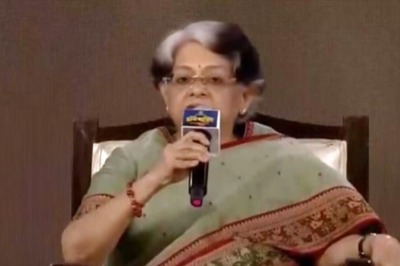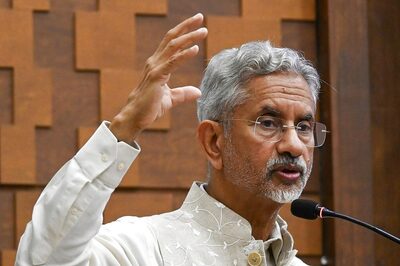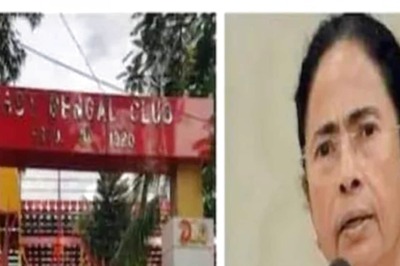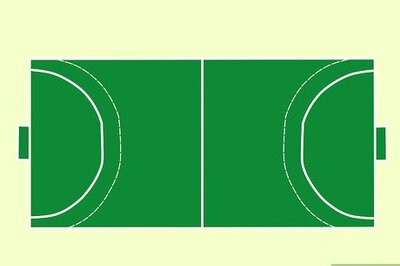
views
Jalanidhi, the rural water supply and sanitation agency of the State Government, has selected 145 more grama panchayats to be included in the safe drinking water project, which will be implemented in a phased manner.
In the first phase, 22 panchayats were selected and the planning for implementing the project will be completed by November. In the tribal areas, 21 projects have been identified.
Jalanidhi director (operations) S Rathish said that 179 grama panchayats had submitted applications for including them in the project. A total of 145 were short- listed and the list was sent to the World Bank for approval.
“The contract for the first phase was signed in February. The planning will be completed in nine months, implementation in 12 months and three months of post- implementation will complete one cycle of works,’’ he said.
In the first phase, there are projects in 12 districts, except Alappuzha and Ernakulam.
The second phase will be implemented in Kannur, Kasargod, Wayanad, Kozhikode, Malappuram, Palakkad, Idukki and Kottayam districts.
The panchayats are selected where there are no projects of the Kerala Water Authority (KWA). This is a `1022-crore project in which 75 per cent of the expenditure will be borne by the World Bank, 15 per cent by the grama panchayat and 10 per cent by the beneficiary. There is an option for the beneficiary to provide five per cent amount as labour for the project.
All efforts are taken to complete the project by 2014-15 with the support of the community in each area.
Rathish said that Irrigation Minister P J Joseph and Irrigation Secretary V J Kurian have taken the initiative to speed up the projects to be completed on time. In three years, all the panchayats in the state will be provided with safe drinking water.
Unlike other projects, the Jalanidhi project is based on the need of the people and their willingness to participate in the project and bear cost-sharing.
Support organisations are selected for implementing the project for the beneficiary group who register with the body. The recurring costs of operations and maintenance will be met by the beneficiary groups.
Women communities are encouraged to form ‘Thrift and credit groups’ to make payments for the recurring expenditure.




















Comments
0 comment